“I saw someone.” Depending on who and how you saw the person, we need to use different verbs. a. I…
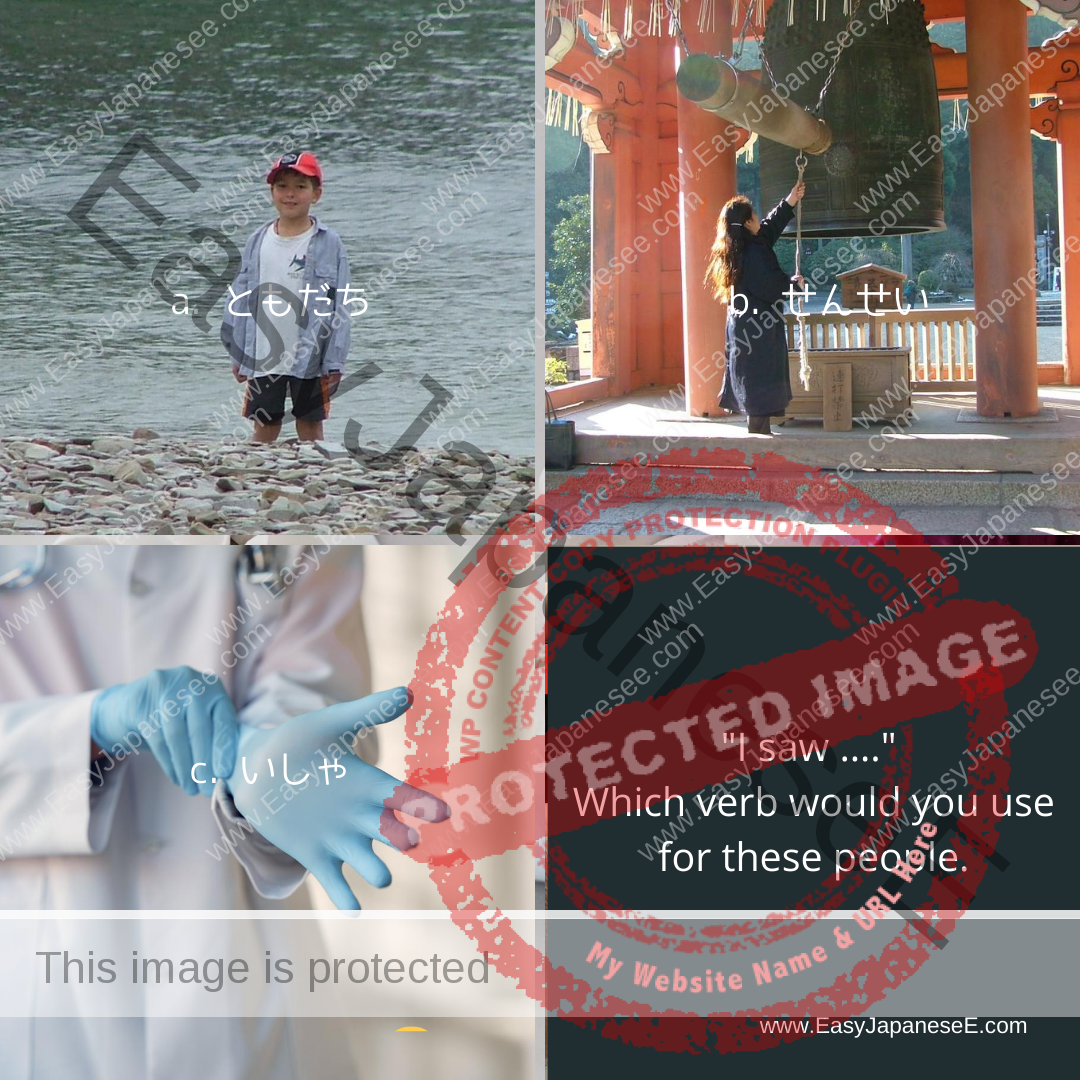

“I saw someone.” Depending on who and how you saw the person, we need to use different verbs. a. I…
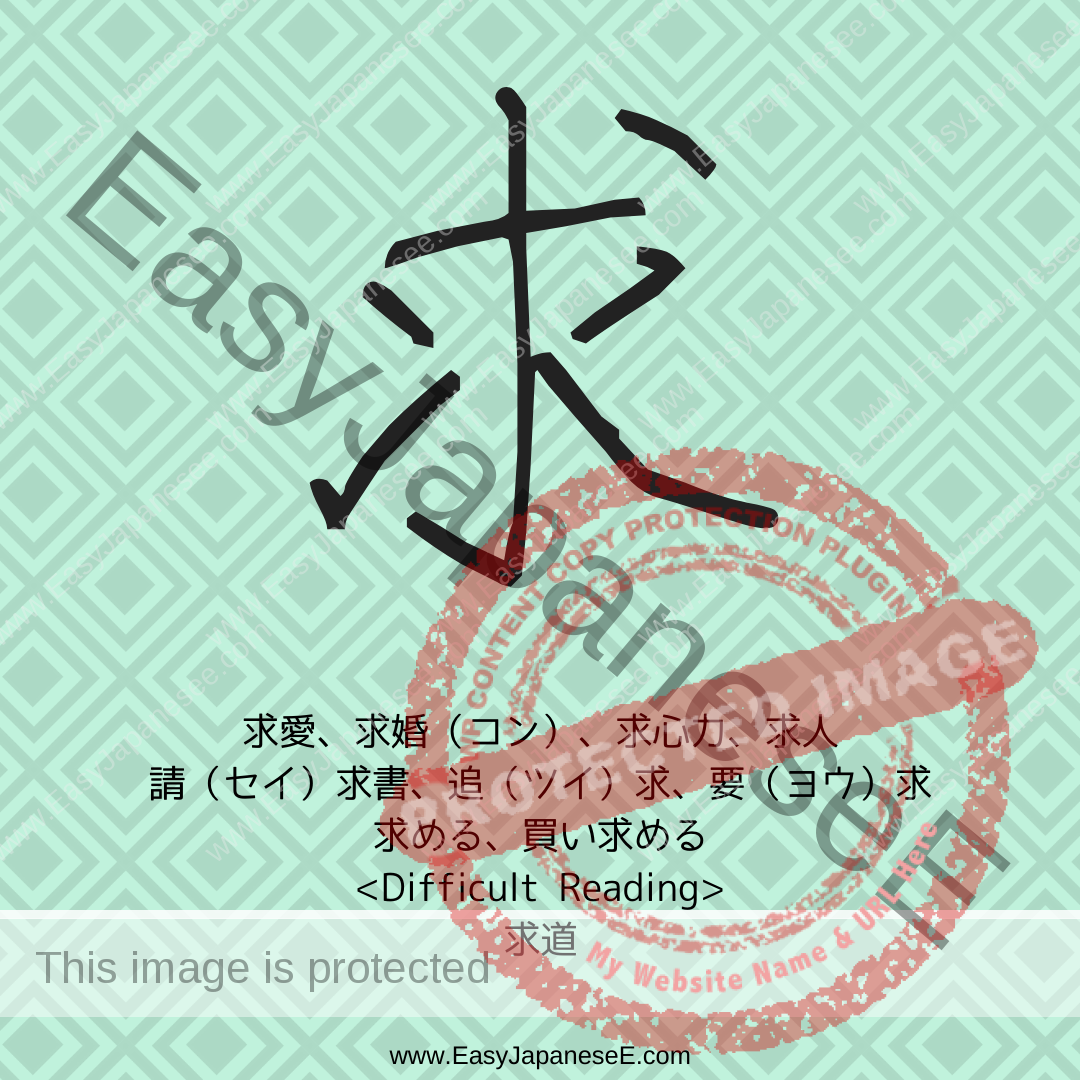
This week’s #kanji is #求, which is listed under #したみず(氺). Apparently it is a pictograph depicting hanged animal fur. Meaning:…
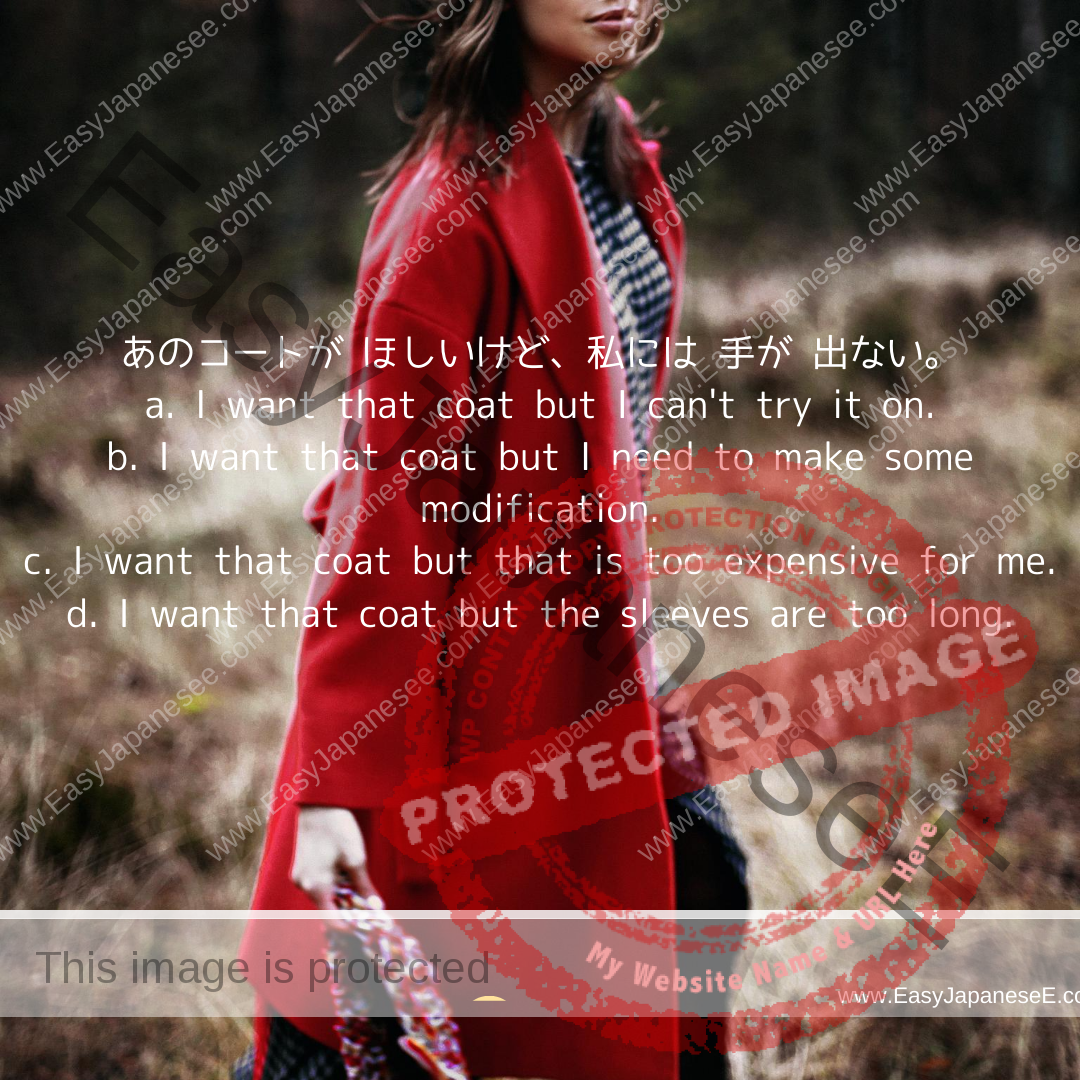
Today’s post is another set expression using 手(て)- hand. What does あのコートが ほしいけど、私(わたし)には 手(て)が 出(で)ない mean? a. I want that…
![[てform]くれて ありがとう](https://www.easyjapanesee.com/wp-content/uploads/2020/07/200806-みてくれてありがとう.png)
Thank you for watching my video.わたしの ビデオを _____ ありがとう。What would you put in the blank? The correct answer is みて…

Do you remember the sleep related verbs in Japanese? Let’s check out how to use them to describe each stage of your sleep.
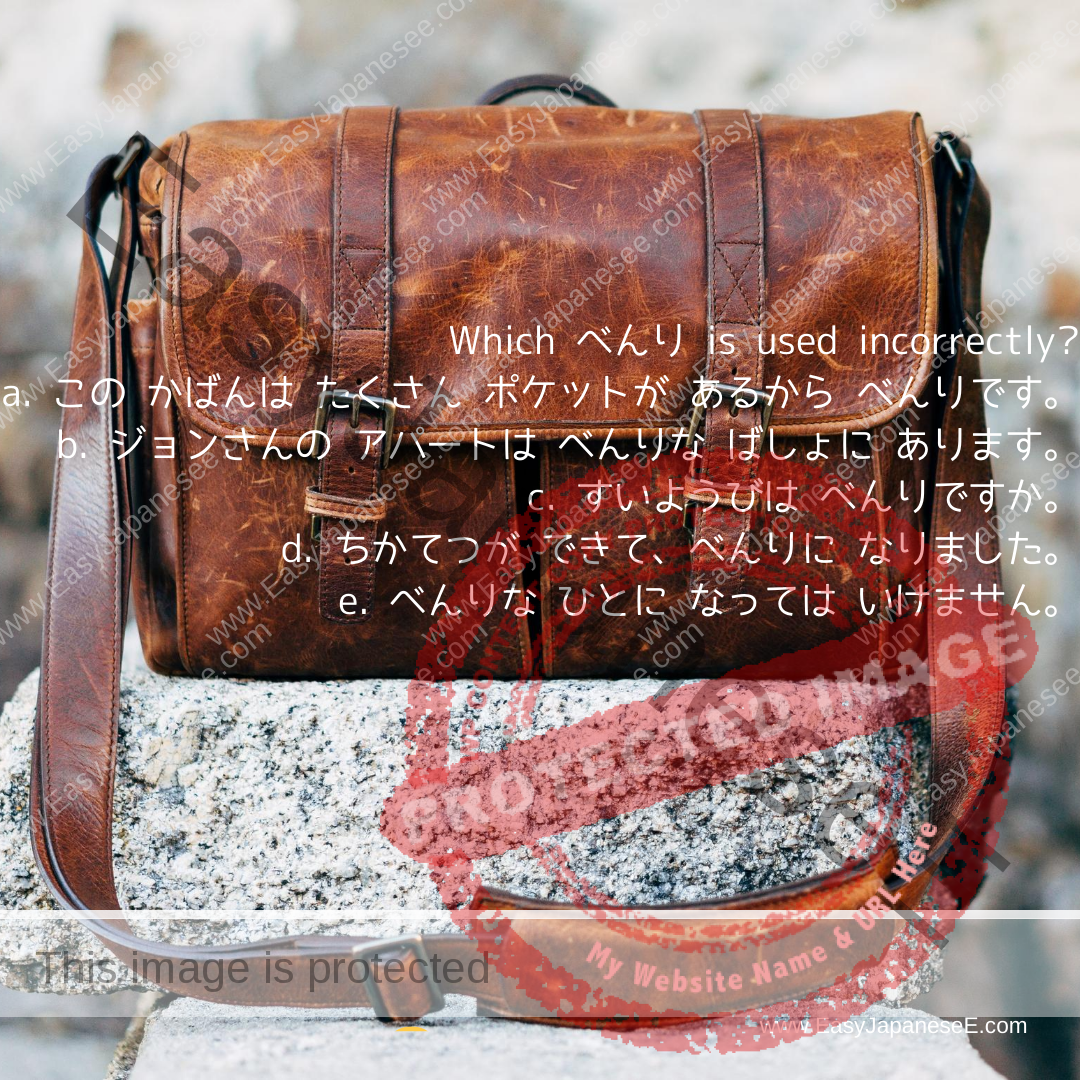
Which べんり is used incorrectly? a. この かばんは たくさん ポケットが あるから べんりです。b. ジョンさんの アパートは べんりな ばしょに あります。c. すいようびは べんりですか。d. ちかてつが…

The English verb “to have” has many meanings one of which is to show an ownership. When you own these…
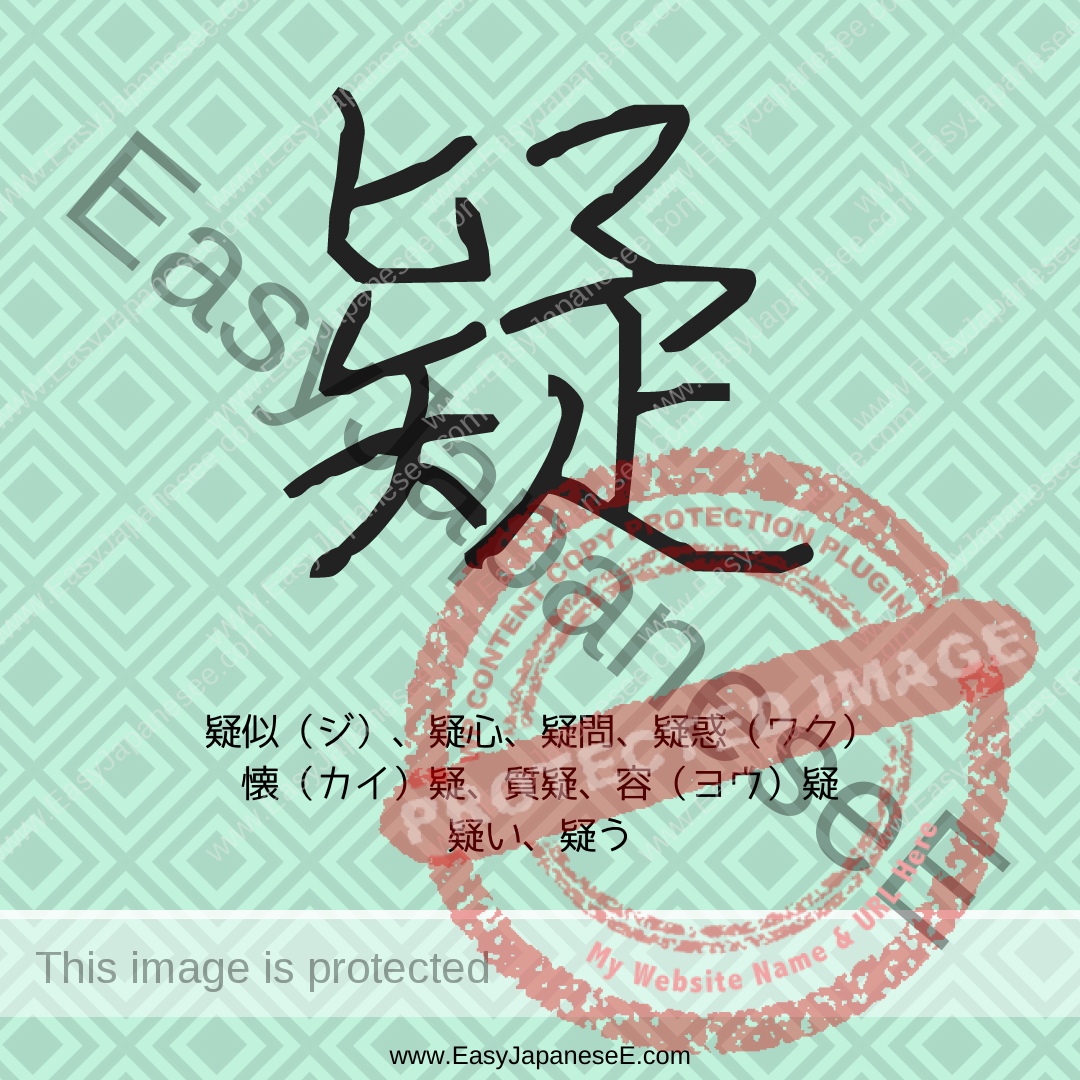
This week’s #kanji is #疑, which is listed under the radical of #ひき(疋). It is a combination of ヒ +…
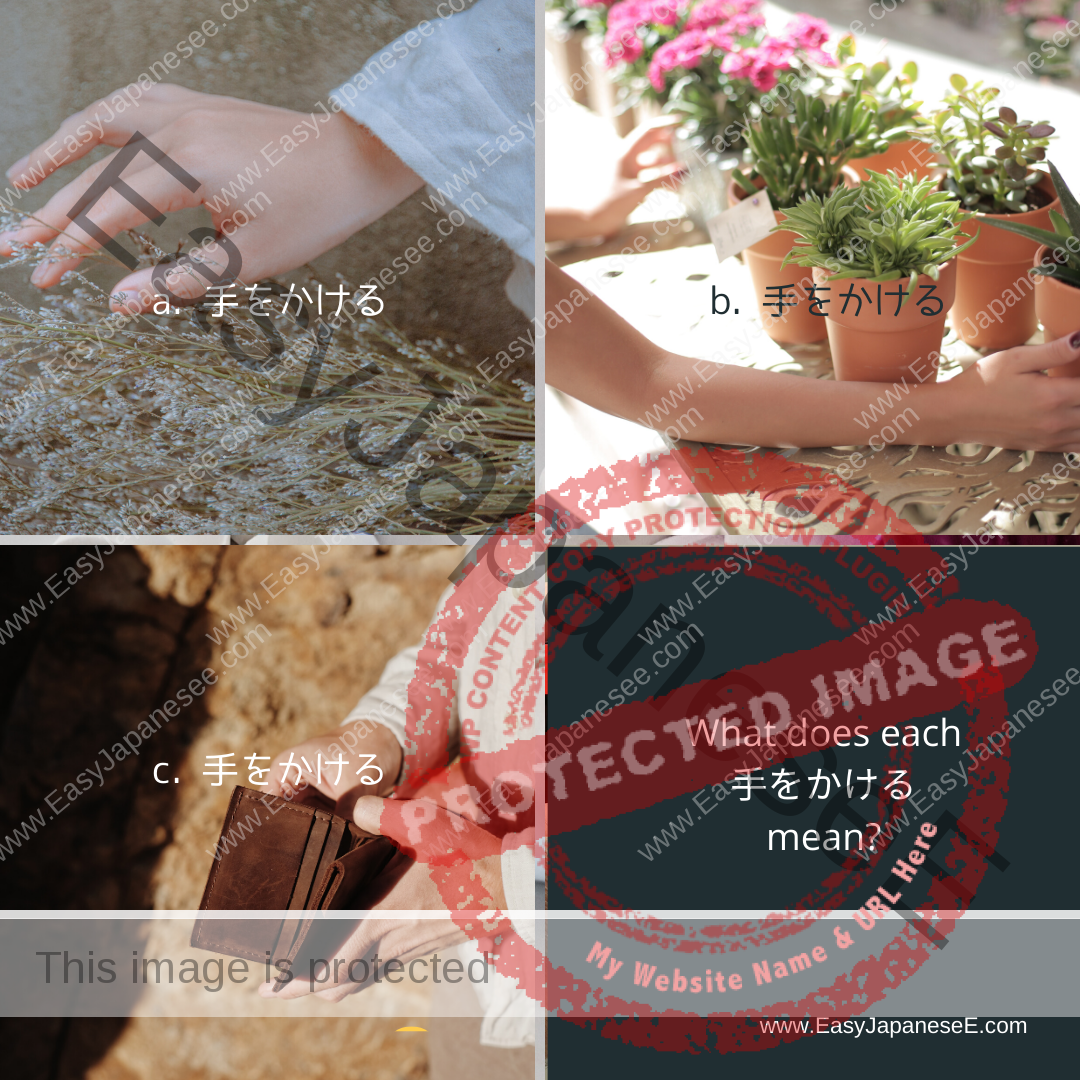
手をかける has a few different meanings. a. to put one’s hand on …; to touch; to handle はなたばに そっと 手を…
![[ばform]よかった](https://www.easyjapanesee.com/wp-content/uploads/2020/07/200730-かえば-よかった.png)
トイレットペーパーを かえば よかった。 a. I’m glad I bought toilet rolls.b. I should have bought toilet rolls.c. It was good that…
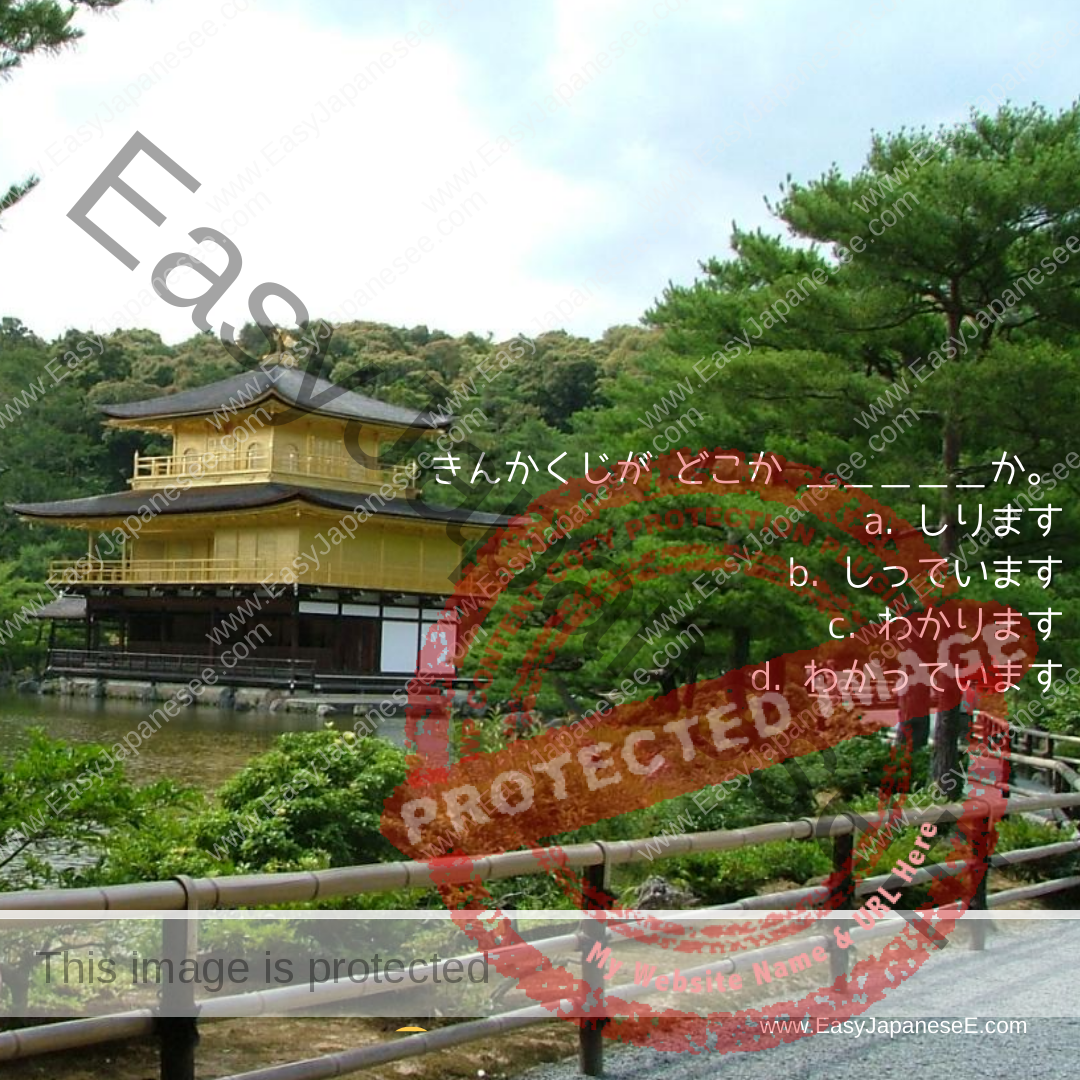
Many English speakers seem to think しっています = to know and わかります = to understand, but that is not quite the case. This post explains the difference.
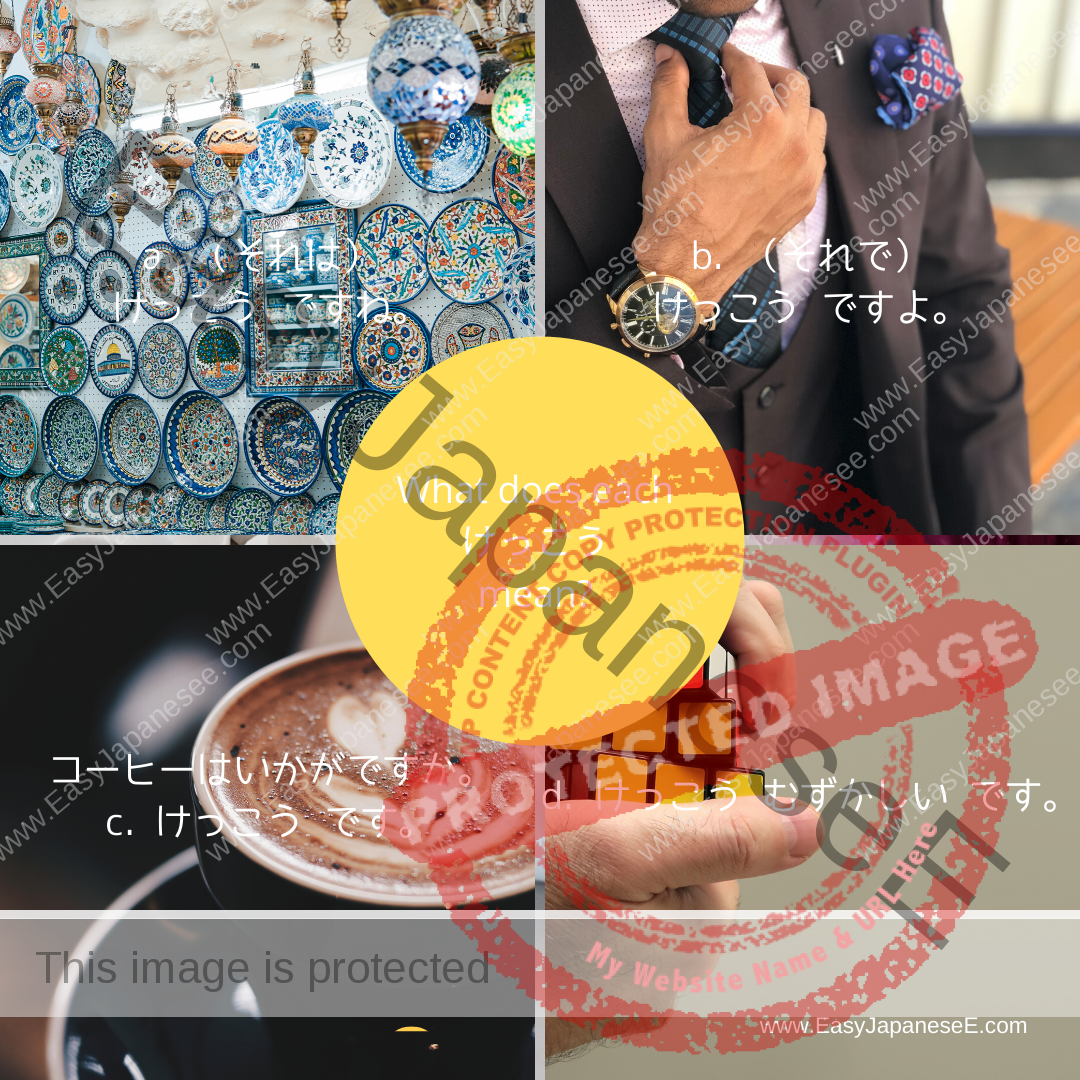
a. (それは) けっこう ですね。b. (それで) けっこう ですよ。c. けっこう です。d. けっこう むずかしい です。 The Japanese word 結構(けっこう) is similar to the…
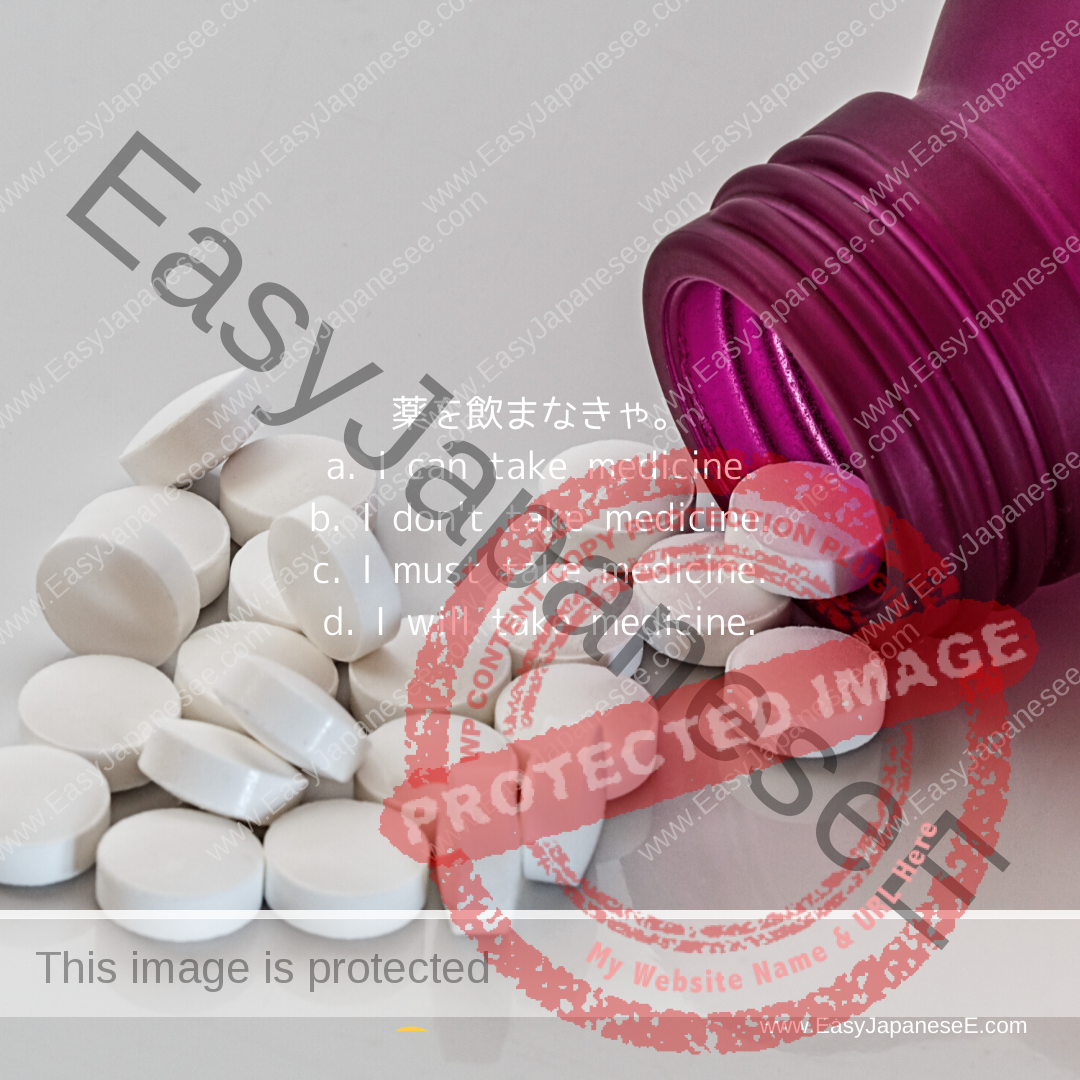
~なきゃ or ~なくちゃ is a very casual alternative for ~なければならない. They are usually only used in a conversation. Check examples here
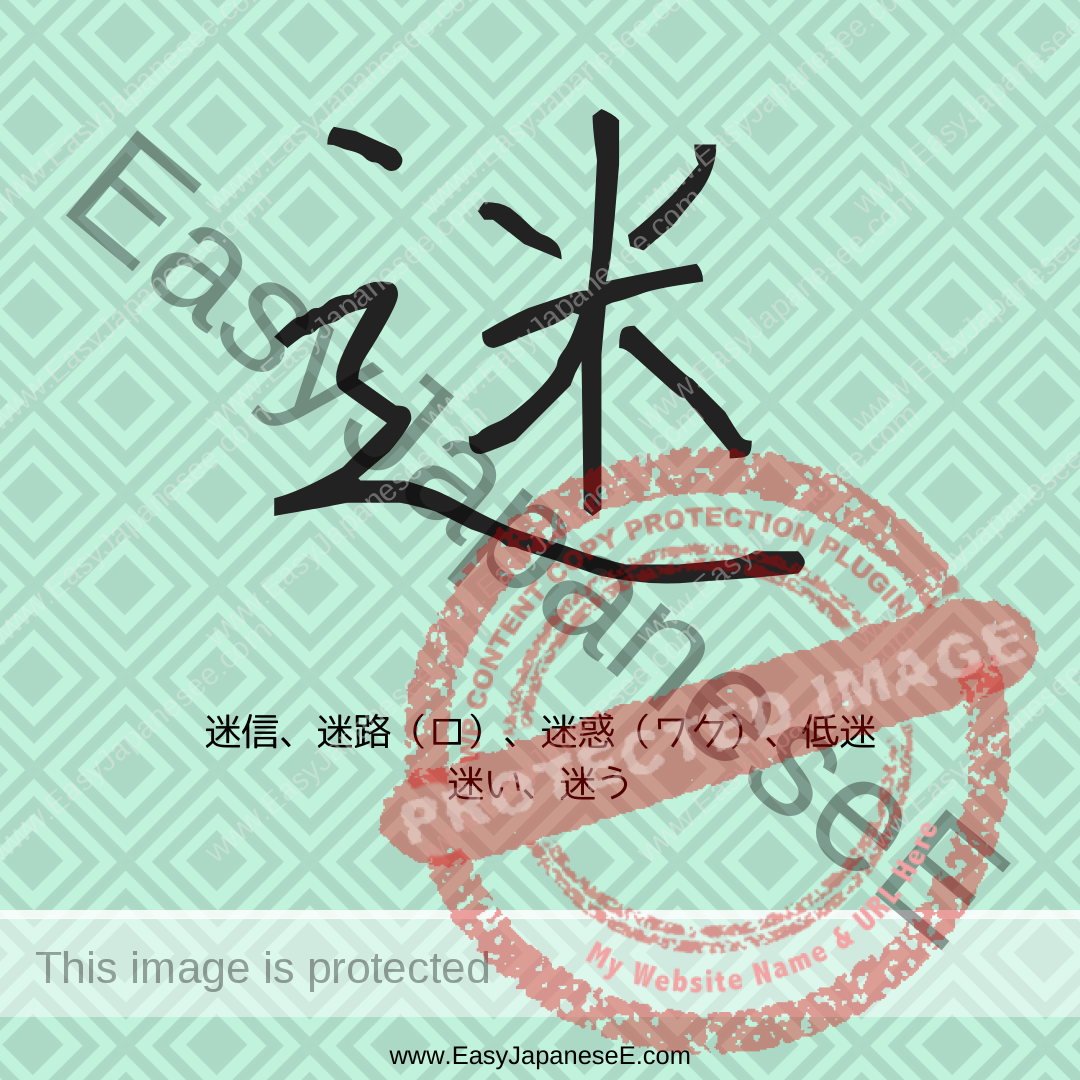
This week’s #kanji is #迷. In my dictionary it is listed under its semantic element of #しんにょう and it says…
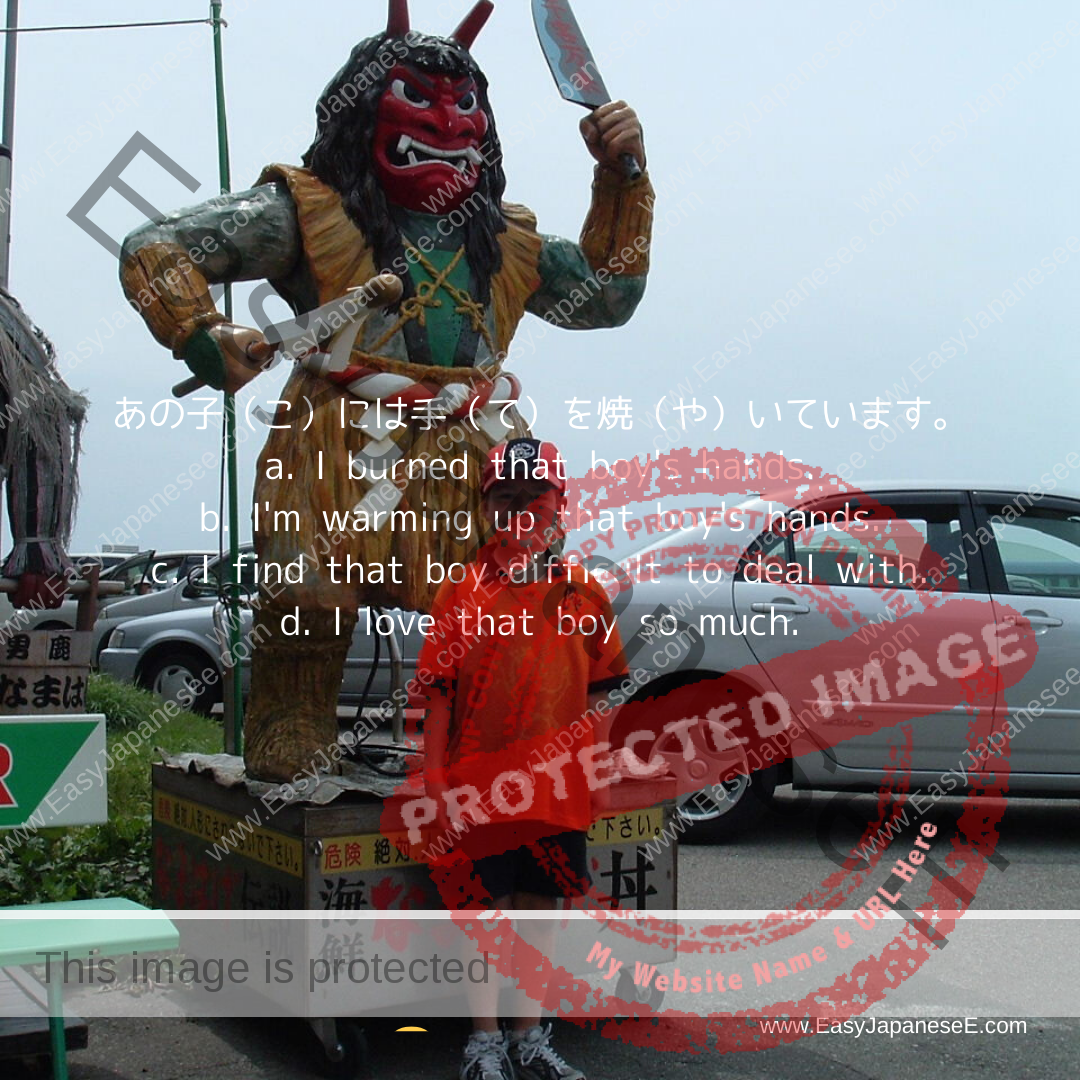
あの子には手を焼(や)いています。 a. I burned that boy’s hands.b. I’m warming up that boy’s hands.c. I find that boy difficult to deal…
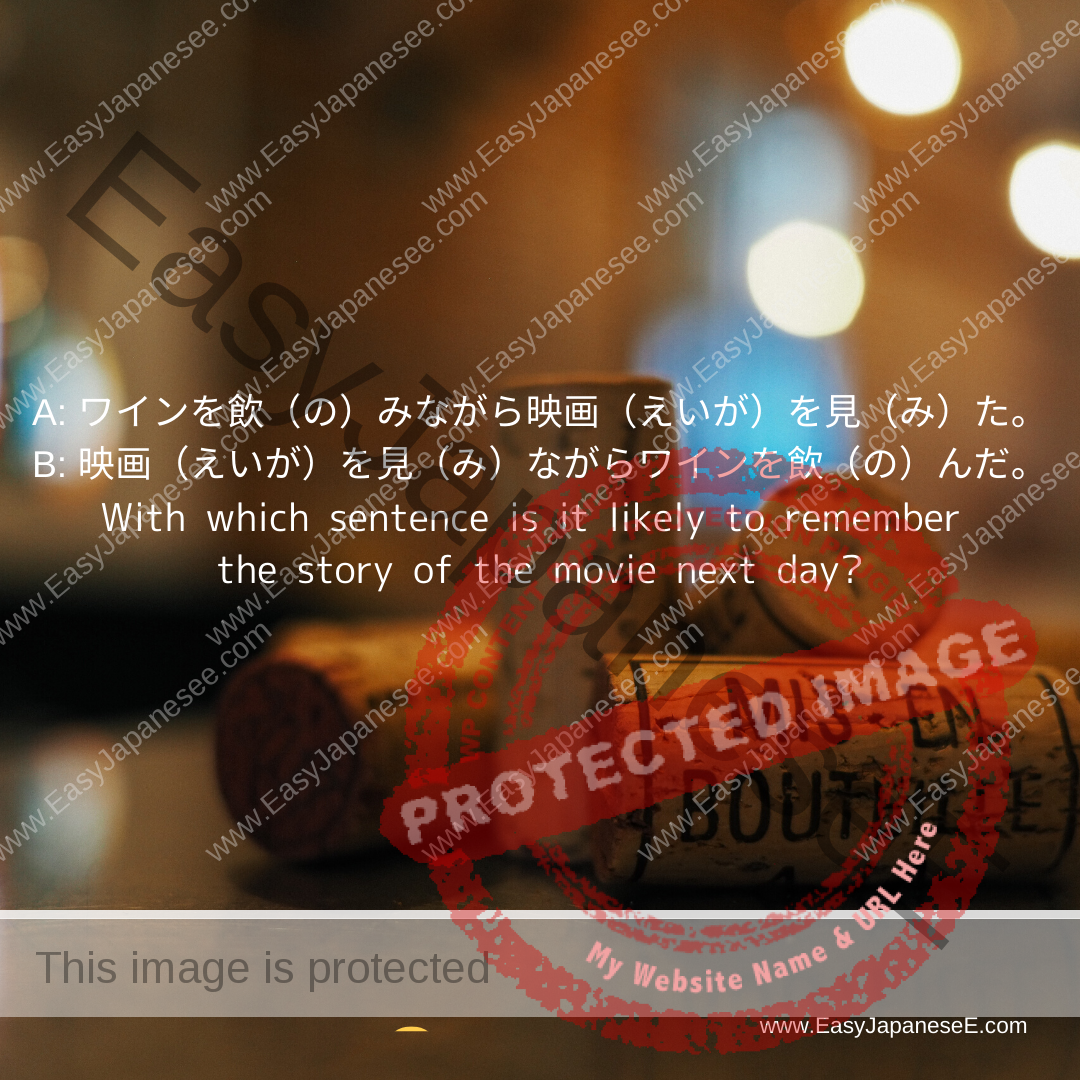
A: ワインを飲(の)みながら映画(えいが)を見(み)た。B: 映画(えいが)を見(み)ながらワインを飲(の)んだ。 With which sentence is it likely to remember the story of the movie next day? [verb stem]ながら……
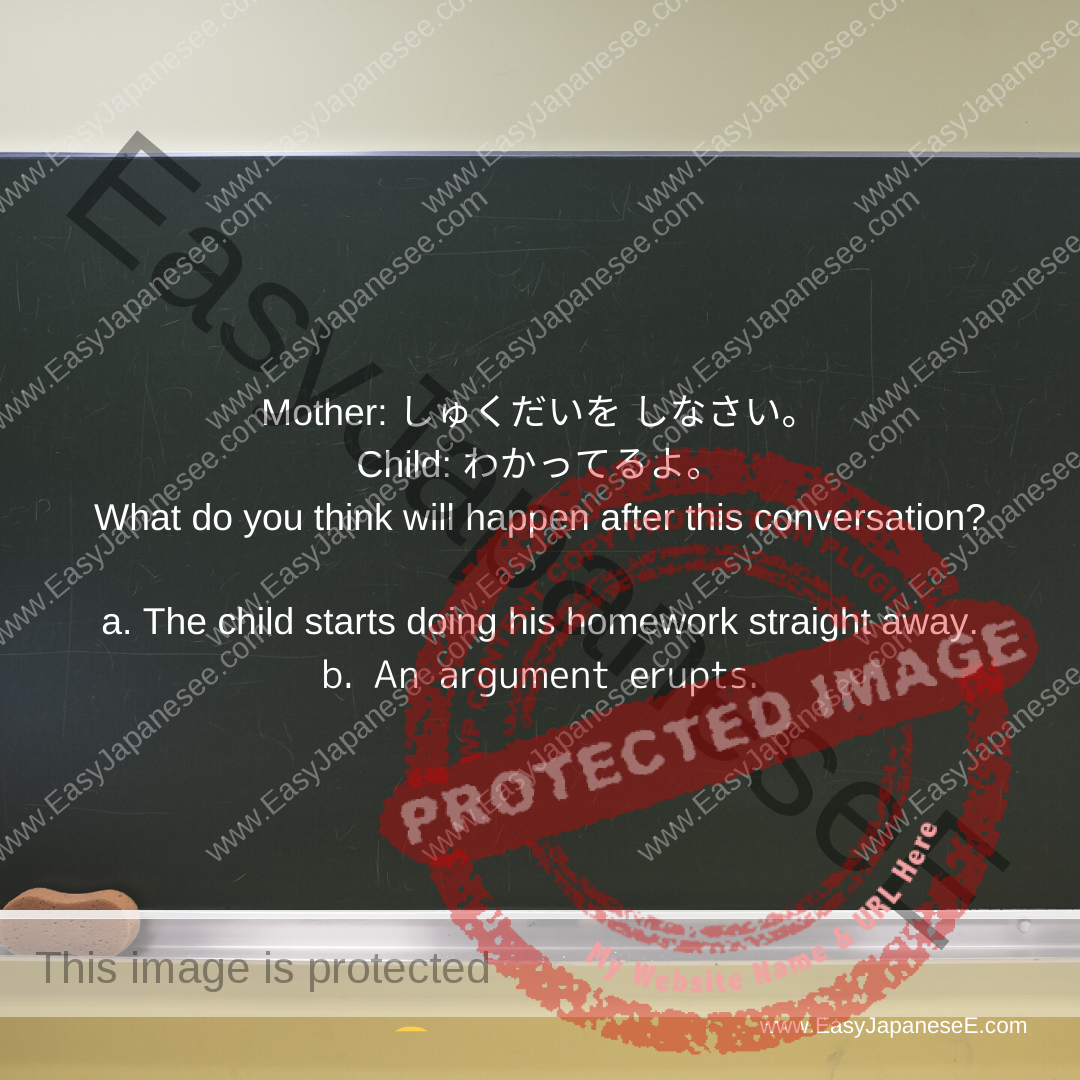
わかっている is made of the てform of わかる but わかっている and わかる give quite a different impression from each other. You should not say わかっている unless you really mean to.
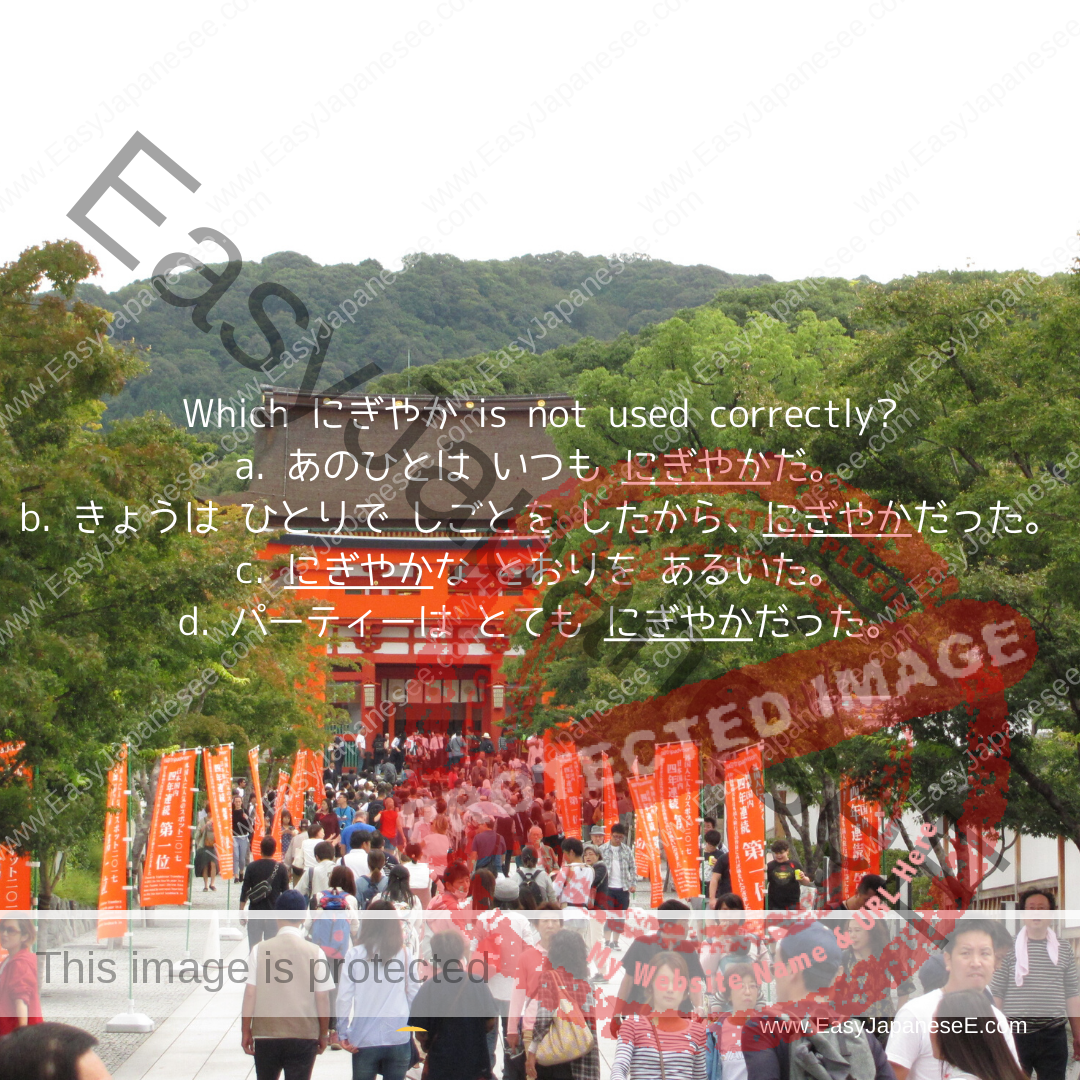
Both にぎやか(な) and いそがしい are usually translated “busy” but the meanings are very different. This post explains the difference.

You had a busy day and you feel tired. Which one would you say to your family when you get…
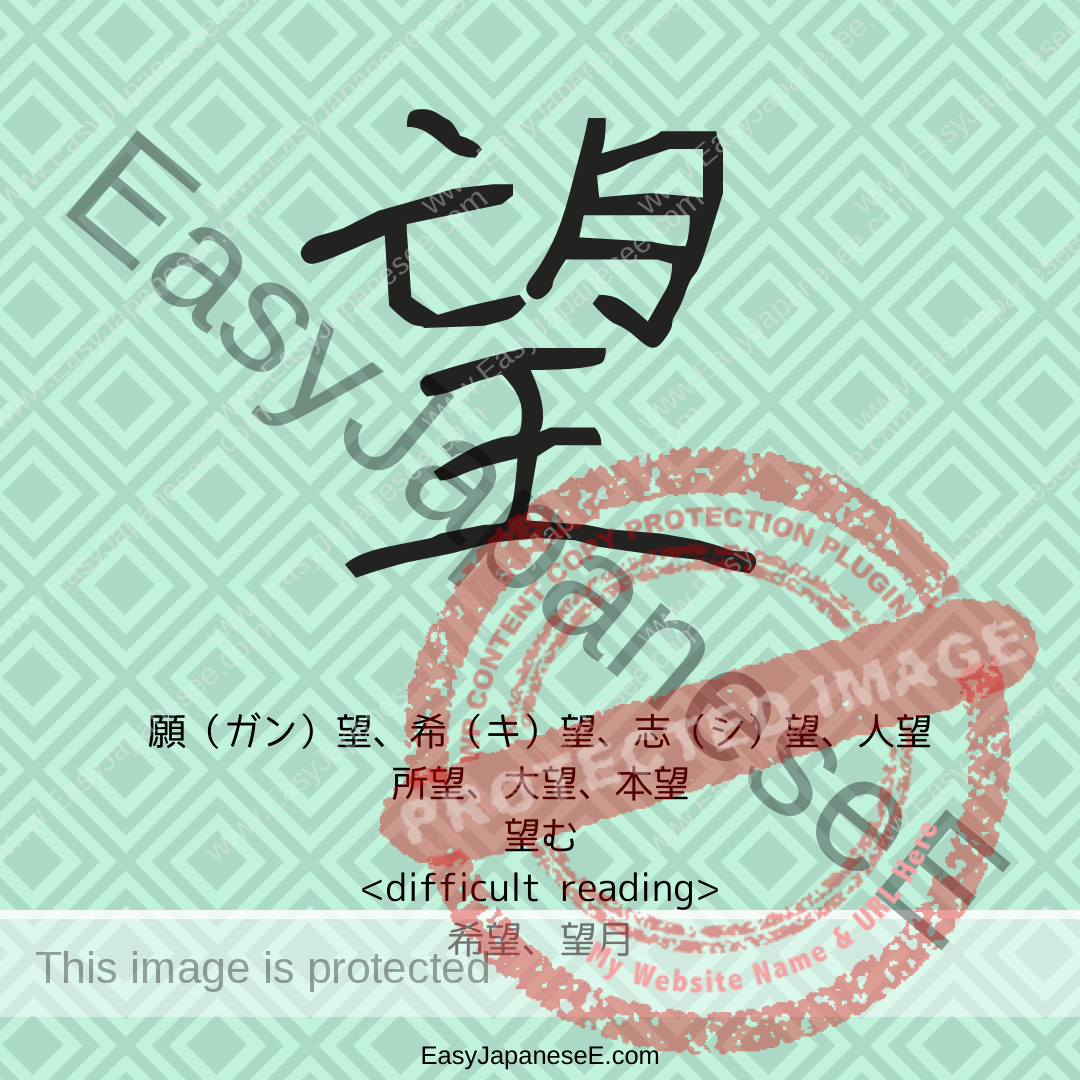
Today’s #kanji is 望, which is listed under #つきへん(月).
